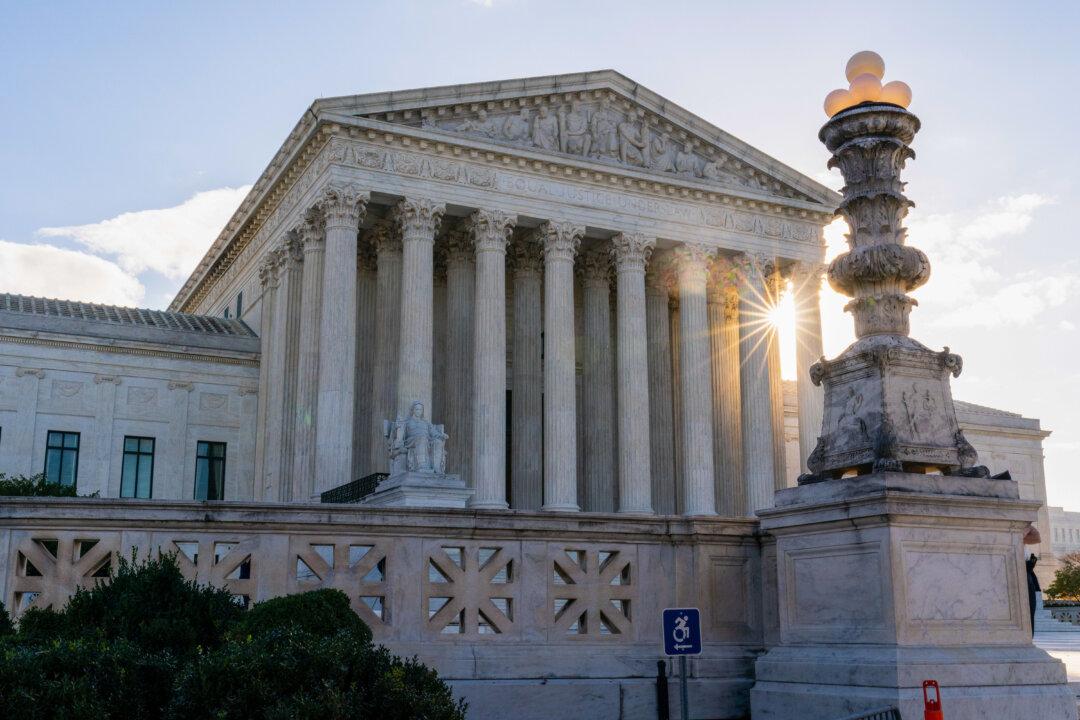The Supreme Court decided on Oct. 29 to hear two cases that the Biden administration didn’t want to come before the court—one aimed at reviving a rule that screens out potentially government-dependent immigrants and another that could roll back the reach of the Environmental Protection Agency (EPA).
The court’s decisions come as migrants continue to illegally cross the U.S. southern border and the Biden administration develops a strategy for dealing with climate change. The decisions also come as the court prepares to hear high-profile cases in the coming days dealing with a Texas law strictly regulating abortions and a New York law that strictly regulates gun use.





